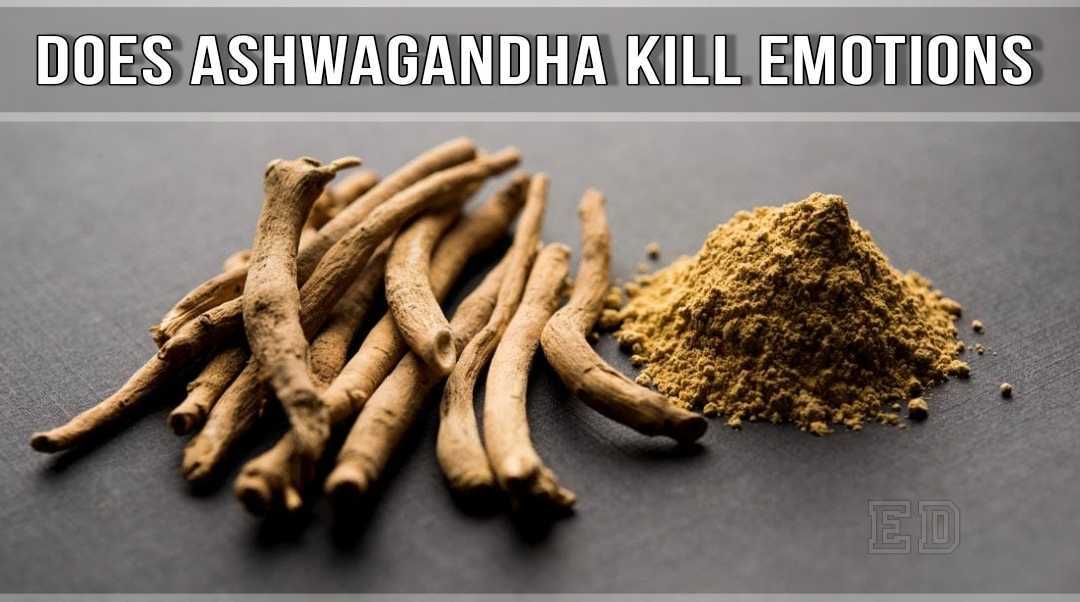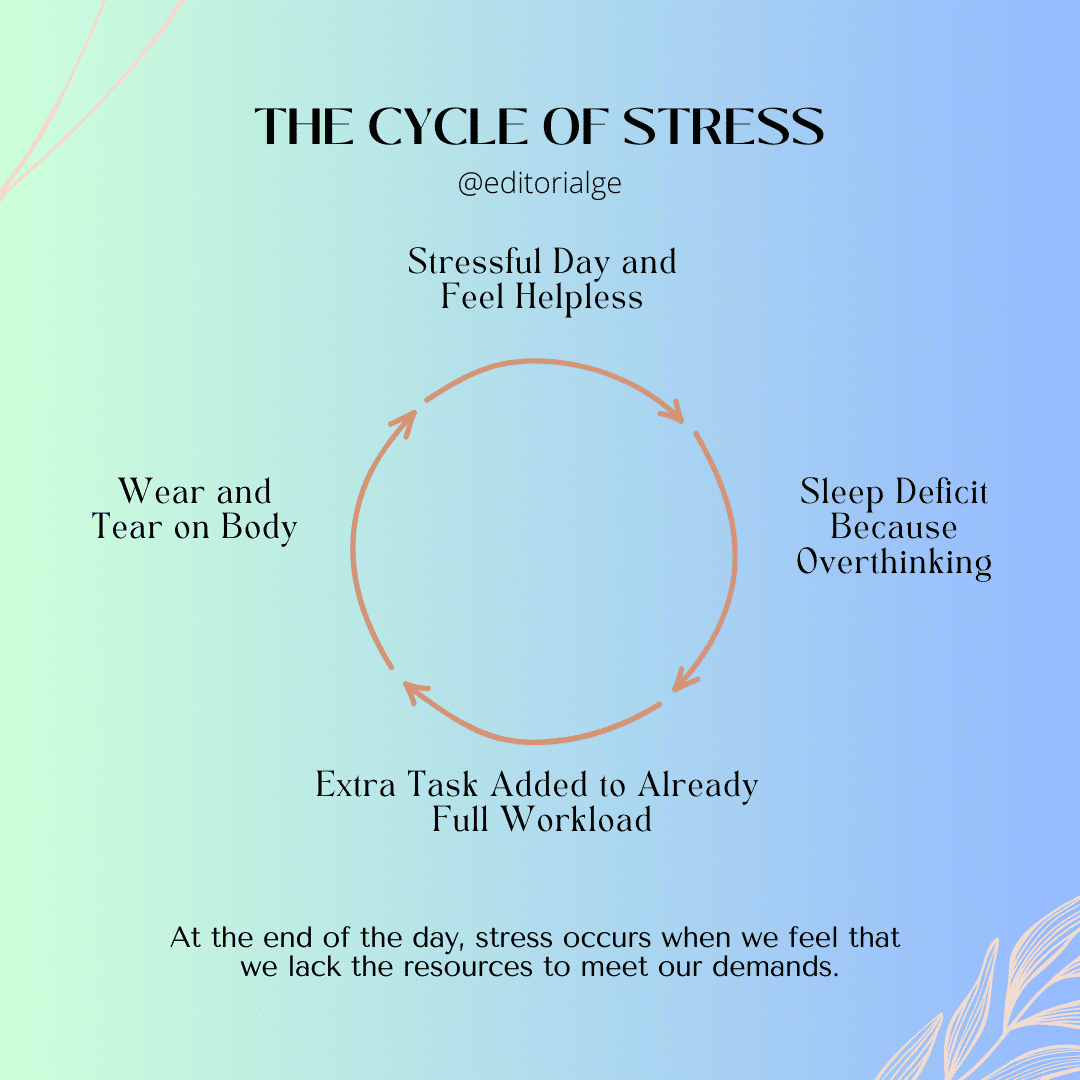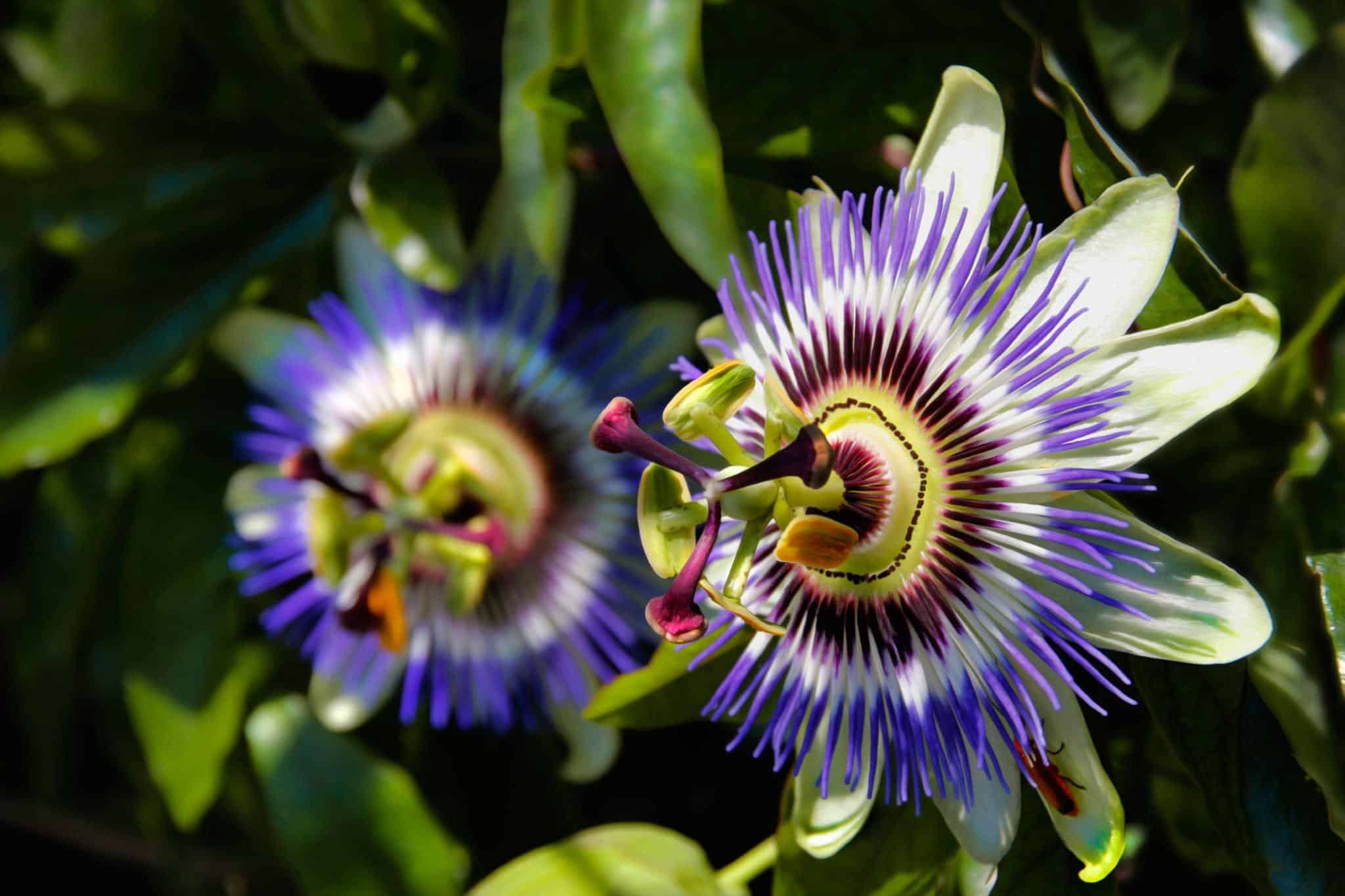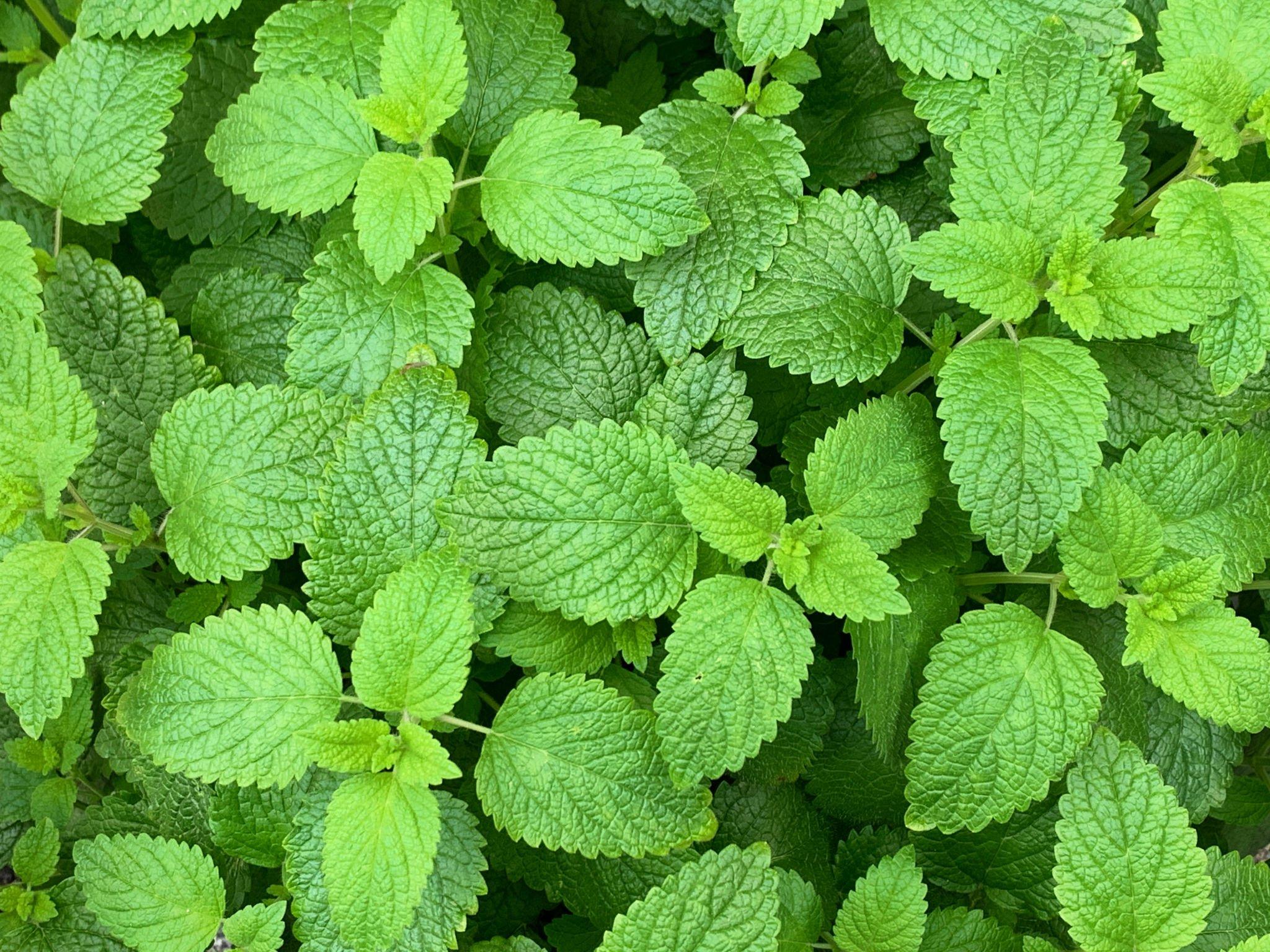Listen to the Podcast:
People suffering from mental and emotional distress find hundreds of ways to eliminate it. Among the hundred ways, a familiar name is Ashwagandha. However, there is no specific proof. So you may be thinking now – does ashwagandha kill emotions?
The honest answer to this question is NO, but it helps mentally, which may kill emotion. It makes you stress-free and reduces anxiety.
The second part of the answer must make you curious to learn more. Just scroll down and understand everything Ashwagandha and killing emotions.
What is Ashwagandha?
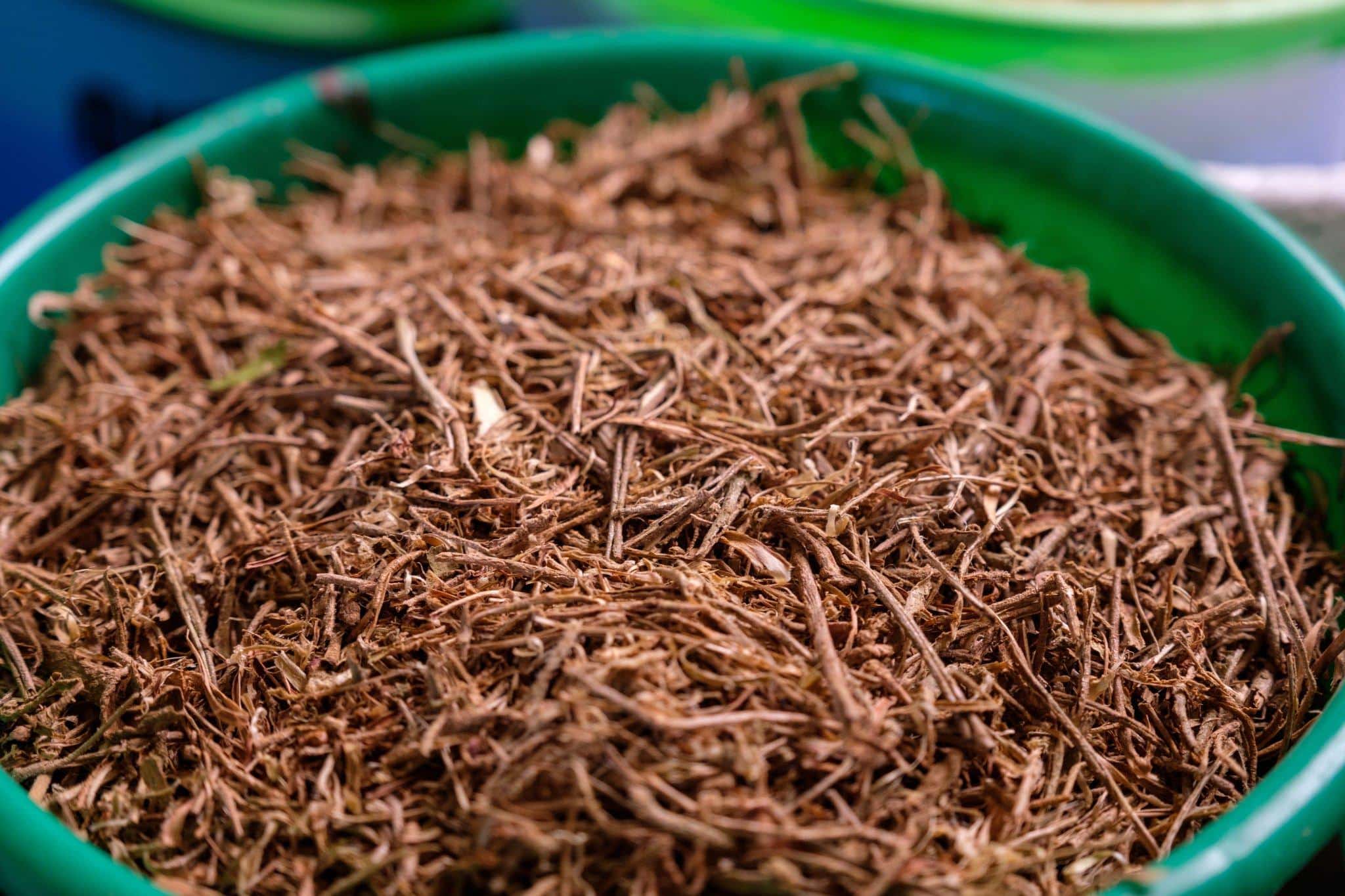
Ashwagandha (Withania somnifera) is a medicinal herb widely used in traditional Ayurvedic medicine. It is native to India, the Middle East, and parts of Africa. Also known as Indian ginseng or winter cherry, it belongs to the Solanaceae family and is related to tomatoes and potatoes.
The name “Ashwagandha” is derived from the Sanskrit words “ashva,” meaning horse, and “gandha,” meaning smell. This name reflects its root’s robust and earthy odor, similar to a horse’s.
In Ayurveda, Ashwagandha is an adaptogen that helps the body adapt and manage stress. It promotes physical and mental well-being by supporting the body’s natural balance. Ashwagandha is known for its broad range of potential health benefits, and it has been traditionally used to improve vitality, promote longevity, and enhance overall health.
Does Ashwagandha Kill Emotions?
No scientific evidence suggests that Ashwagandha (Withania somnifera) kills or eliminates emotions. However, Ashwagandha is often used as an adaptogenic herb in Ayurvedic medicine to help balance and support overall well-being, including emotional well-being.
Emotions are a fundamental part of human experience and play a crucial role in our psychological and social lives. While Ashwagandha has been studied for its potential effects on stress reduction and mood enhancement, it does not inherently suppress or eliminate emotions.
It’s important to note that various factors, including individual differences, personal circumstances, and external influences, influence emotional experiences. Ashwagandha may indirectly impact emotions by helping to reduce stress and improve overall mental health, but it does not eliminate or eradicate emotions.
Does Ashwagandha Kill Emotions Permanently?
This is kind of a myth that ashwagandha kills emotions permanently. I’ve already mentioned it’s not even proven that it kills feeling instantly or partially, let alone it kills emotions permanently.
However, it’s proven that it reduces stress and, in some cases, can significantly improve stress control and relaxation. All these may positively affect controlling and killing your emotion.
What About Ashwagandha Pills for Killing Emotions
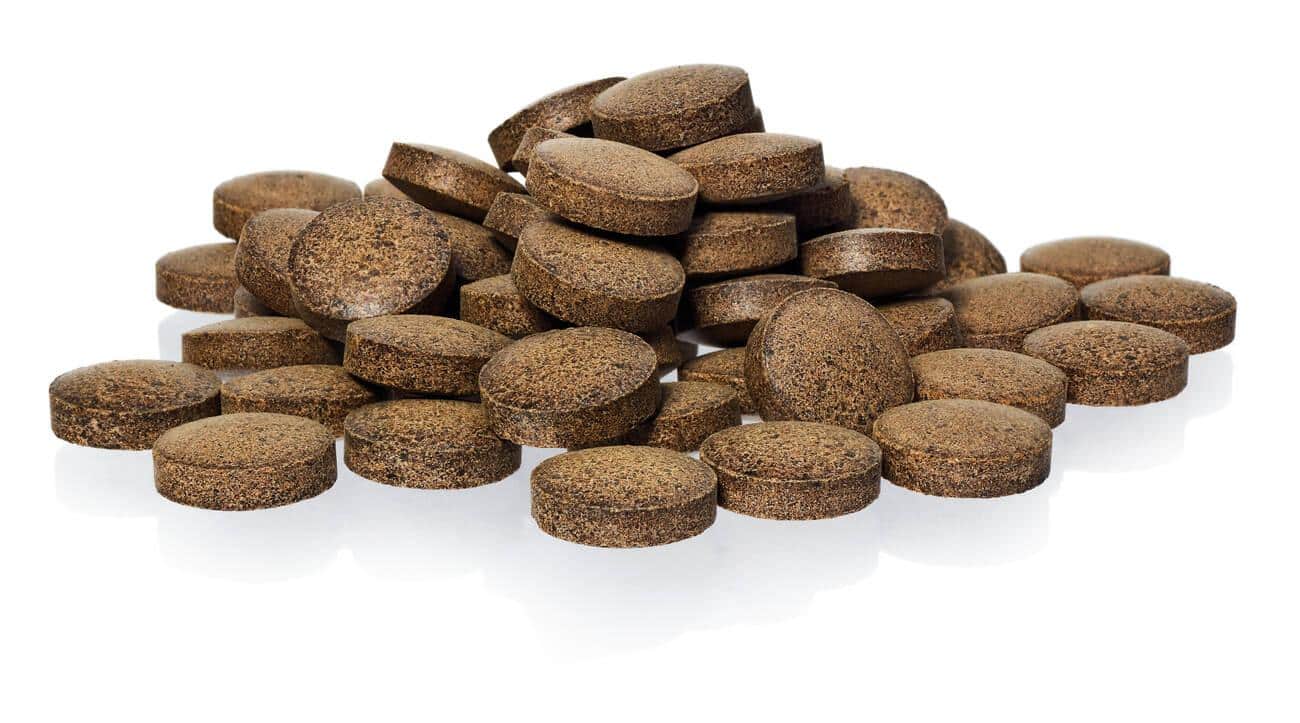
Another commonly asked query is – does ashwagandha pills kill emotions? The answer to this question is the same as before.
There is no proven evidence that ashwagandha pills kill emotions. But they can highly reduce stress, which may keep you mentally better and stress-free.
How Does Ashwagandha Kill Emotions?
The exact biological method through which Ashwagandha influences emotional well-being is still not fully understood and requires further scientific research.
However, based on existing studies and theories, there are some potential ways in which Ashwagandha may contribute to killing emotion and improving emotional well-being. It’s important to note that these mechanisms are not definitive, and more research is needed to confirm them. Here are a few possible actions and mechanisms of Ashwagandha:
1. Stress Reduction
Ashwagandha is often associated with stress reduction. Chronic stress can negatively impact emotional well-being, and Ashwagandha is believed to modulate the body’s stress response system. It may help regulate cortisol levels, a hormone released in response to stress. By reducing stress levels, Ashwagandha may indirectly support better emotional well-being.
2. Neurotransmitter Modulation
According to several studies – Ashwagandha may influence neurotransmitter levels in the brain. Again, some studies suggest that it may enhance the production and activity of gamma-aminobutyric acid (GABA), a neurotransmitter known for its calming effects. By modulating neurotransmitters, Ashwagandha could potentially impact mood regulation and emotional stability.
3. Anti-inflammatory Effects
Chronic inflammation in the body has been linked to mood disorders and emotional disturbances. Ashwagandha has been shown to possess anti-inflammatory properties, which may help reduce inflammation and potentially contribute to improved emotional well-being.
4. Antioxidant Activity
Ashwagandha is known for its antioxidant properties, which help protect cells from damage caused by oxidative stress. Oxidative stress has been implicated in various mental health conditions, including depression and anxiety. By reducing oxidative stress, Ashwagandha may indirectly support emotional well-being.
It’s important to note that these potential mechanisms are based on preliminary studies, animal research, and traditional usage. Further research is needed to understand Ashwagandha’s precise mechanisms and effects on human emotional well-being.
What Research Suggests About Ashwagandha and Killing Emotions?
Now, it’s time to share some scientific evidence the researchers found about Ashwagandha killing emotions.
- A study demonstrated that using a high-concentration full-spectrum Ashwagandha root extract is safe and effective in enhancing an individual’s resilience to stress and anxiety.
- Another paper – Ashwagandha (Withania somnifera), suggests Ashwagandha enhances stress resilience, promotes better sleep quality, and improves mental clarity.
Does Ashwagandha Kill Emotions: Practical Experiment
Studies on Ashwagandha have involved limited numbers of human participants, and further research is required to establish its effectiveness on a broader scale. However, we still have a result of an experiment.
According to an experiment, the stress-relieving properties of Ashwagandha didn’t manifest immediately, but they noticed it after a few hours. And eventually, it helped mental health.
4 Major Health Benefits of Ashwagandha
Till now, we have just read about the topic – does ashwagandha kill emotions? Well, aside from that, Ashwagandha has several health benefits. Learn a bit about them.
- Cancer-fighting potential: Withaferin, a compound found in Ashwagandha, can induce apoptosis (programmed cell death) in cancer cells and inhibit their growth and spread.
- Blood sugar regulation: Studies have suggested that Ashwagandha may assist in improving insulin secretion and stability, making it beneficial for managing blood sugar levels in people with diabetes.
- Mental health support: Ashwagandha has been shown to help reduce stress, anxiety, and depression symptoms. It may also improve sleep quality and length, contributing to overall mental well-being.
- Testosterone enhancement: Ashwagandha has been associated with increased testosterone levels in men, which may support reproductive health, muscle gain, and fat loss.
Is Ashwagandha Safe?
Ashwagandha is generally considered safe for most individuals when consumed in appropriate doses. However, it is essential to be cautious as high doses of Ashwagandha may lead to gastrointestinal discomforts, such as stomach upset, diarrhea, and vomiting.
Additionally, it is advised to avoid using Ashwagandha during pregnancy as its safety in pregnant women has not been established. As with any supplement, it is crucial to consult with a healthcare professional before incorporating Ashwagandha into your routine.
What is the Best Alternative to Ashwagandha to Kill Emotion?
When the topic is killing emotion, there are a few familiar names you should hear along with Ashwagandha. Check them out below.
1. Catnip
Catnip, traditionally used to alleviate anxiety and promote relaxation, has been found to have calming effects on the mind and body. It can be used as a tea or in aromatherapy practices to induce relaxation.
2. Passionflower
Passionflower has a long history of use in promoting relaxation and reducing anxiety. It is known for its calming properties and can be consumed as a tea, tincture, or supplement. Passionflower is believed to interact with certain neurotransmitters in the brain, leading to its calming effects.
3. Lavender
Lavender is widely recognized for its soothing aroma and ability to reduce anxiety and promote relaxation. It can be used in various forms, including essential oils, herbal teas, or as an ingredient in bath products. The scent of lavender has been shown to have a calming effect on the nervous system.
4. Chamomile
Chamomile is a well-known herb for its calming properties and ability to reduce stress and anxiety. It is often consumed as tea and is believed to have a mild sedative effect, promoting relaxation and improved sleep.
5. Lemon Balm
Lemon balm is an herb known for its calming and mood-lifting properties. It has been used to reduce anxiety and promote relaxation. Lemon balm can be consumed as a tea or taken as a supplement.
Note that compared to the given 5 herbals, Ashwagandha is comparatively more reliable in the case of killing emotion.
Parting Words
That was everything on – does ashwagandha kill emotions? Though, according to different studies, it may help indirectly kill feelings, don’t take it for granted. It might not work the same for everyone.
Aside from that, there are both positive and adverse health effects. So before you decide, it’s better to consult your medical doctor.
Disclaimer: This content is for informational purposes only and does not replace professional medical advice, diagnosis, or treatment. This information is not comprehensive and should not be used to make health or well-being decisions. Consult a qualified healthcare professional with questions about a medical condition, treatment options, or health regimen. This website or the content should never replace professional medical advice.

